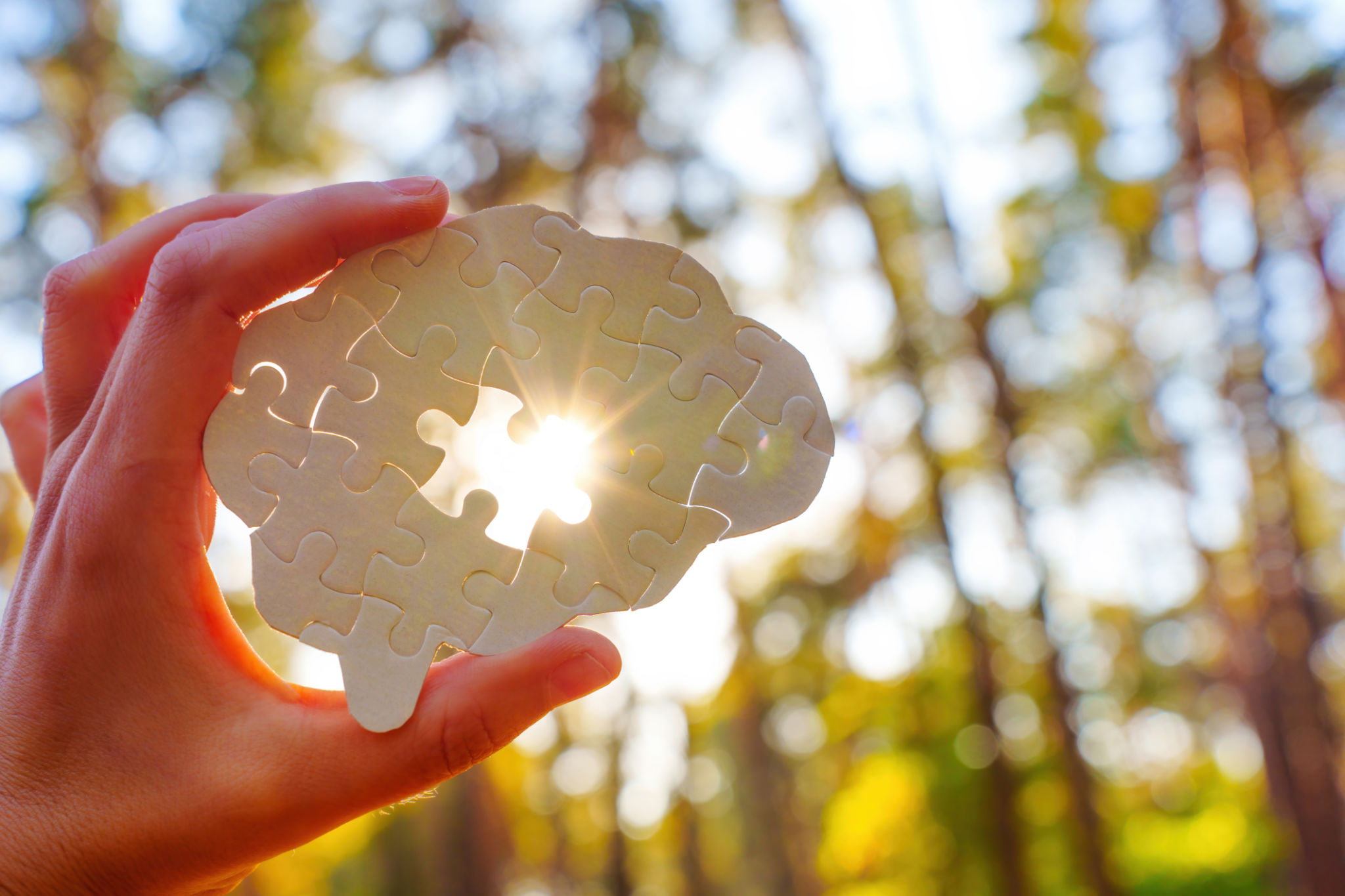Understanding Dementia and Alzheimer's: A Guide for Families
Understanding Dementia and Alzheimer's: A Guide for Families
Living in a small and close-knit community, provides distinct advantages when caring for loved ones with dementia or Alzheimer's disease. Understanding these conditions can be crucial for providing effective support and fostering a compassionate environment. This guide aims to offer essential information and tips for families navigating these challenges.

What is Dementia?
Dementia is a broad term used to describe a decline in cognitive function that interferes with daily life. It is not a specific disease but a collection of symptoms that can affect memory, thinking, and social abilities. While Alzheimer's disease is the most common form of dementia, there are other types including vascular dementia, Lewy body dementia, and frontotemporal disorders.
Recognizing the early signs of dementia can be vital for early intervention. Symptoms may include memory loss, difficulty in planning or solving problems, confusion with time or place, and changes in mood or personality. If you notice these signs in a loved one, it is important to consult a healthcare professional.
Alzheimer's Disease Explained
Alzheimer's disease is a progressive neurological disorder that leads to the degeneration of brain cells. It typically starts with mild memory loss and can advance to severe cognitive impairment. The exact cause of Alzheimer's is still unknown, but factors like age, genetics, and lifestyle play significant roles.

The progression of Alzheimer's disease varies among individuals. It generally follows a pattern from mild forgetfulness to more severe challenges with communication, reasoning, and even performing daily activities. Understanding this progression helps families prepare for the future stages of care.
Supporting a Loved One
Supporting someone with dementia or Alzheimer's can be challenging but also rewarding. Here are some tips to help you provide the best care:
- Educate Yourself: Learn as much as possible about the condition to better understand what your loved one is experiencing.
- Establish Routines: Consistent daily routines can reduce confusion and anxiety for those with dementia.
- Communicate Clearly: Use simple sentences and give your loved one enough time to respond.

Accessing Local Resources
There are various resources to support families dealing with dementia and Alzheimer's. Local healthcare providers, support groups, and community centers can be invaluable. Consider reaching out to local organizations for guidance and assistance tailored to your needs.
Joining a support group can provide emotional relief and practical advice from others who are experiencing similar challenges. These groups often meet regularly and are a great way to build a network of support within the community.
Looking Toward the Future
While dealing with dementia or Alzheimer's is undoubtedly difficult, understanding these conditions can empower families to provide compassionate care. By educating yourself, utilizing local resources, and staying connected to your loved one, you can navigate the complexities of dementia with confidence and empathy.
Remember that you are not alone on this journey. The community is here to support you every step of the way. Stay hopeful and proactive in seeking assistance when needed.